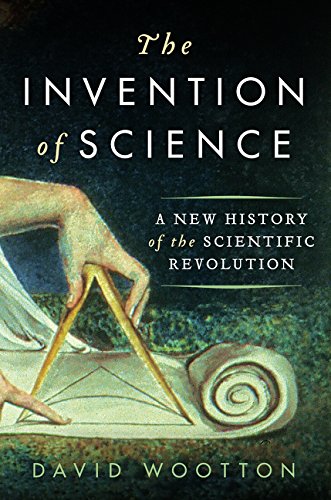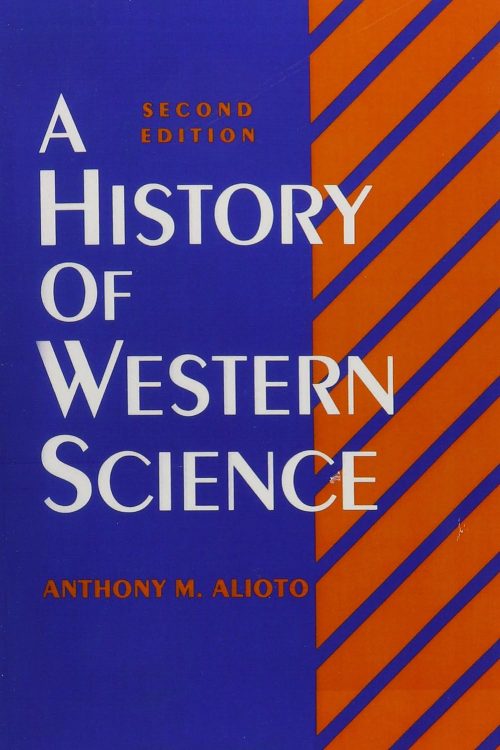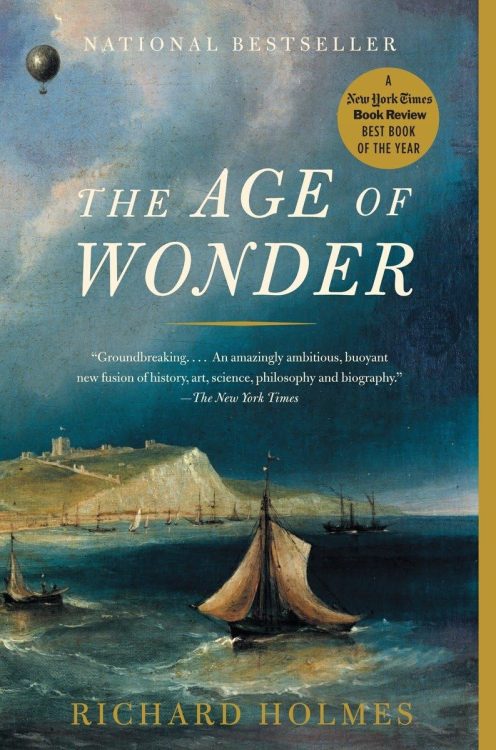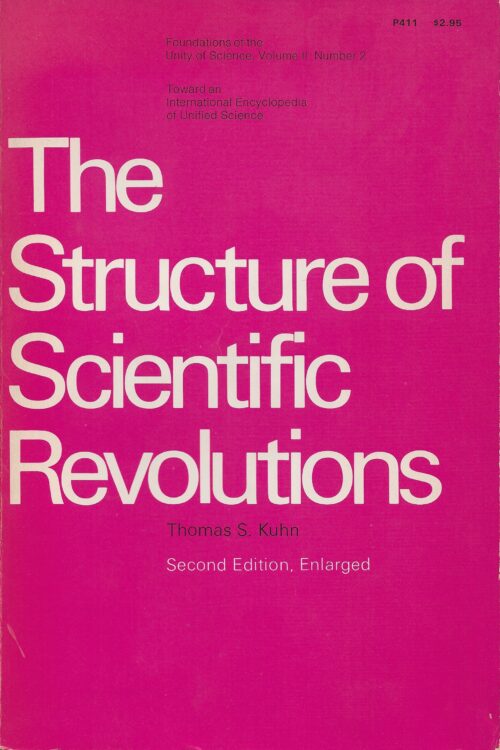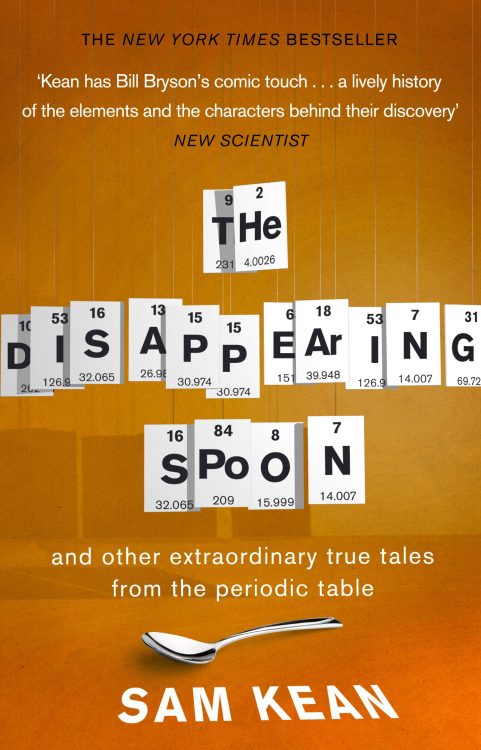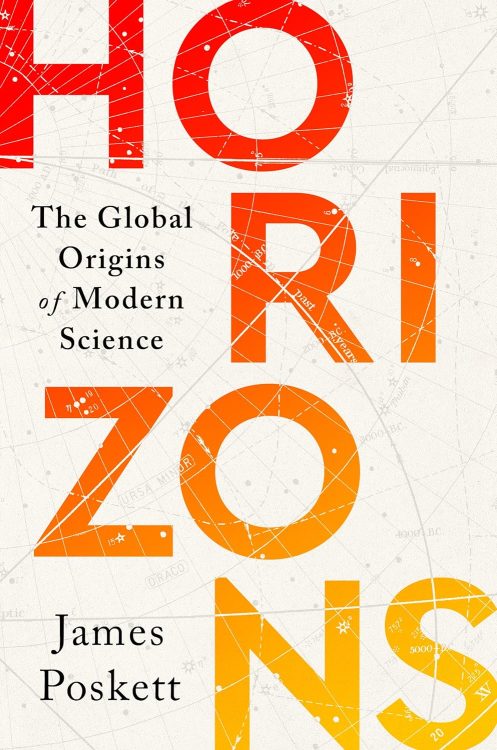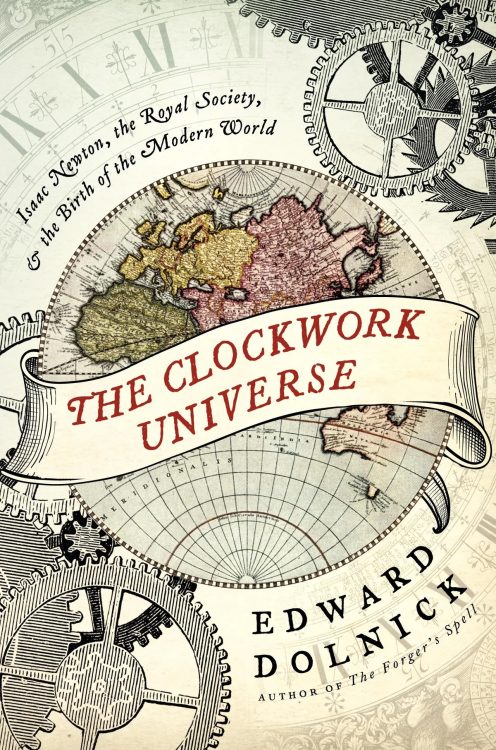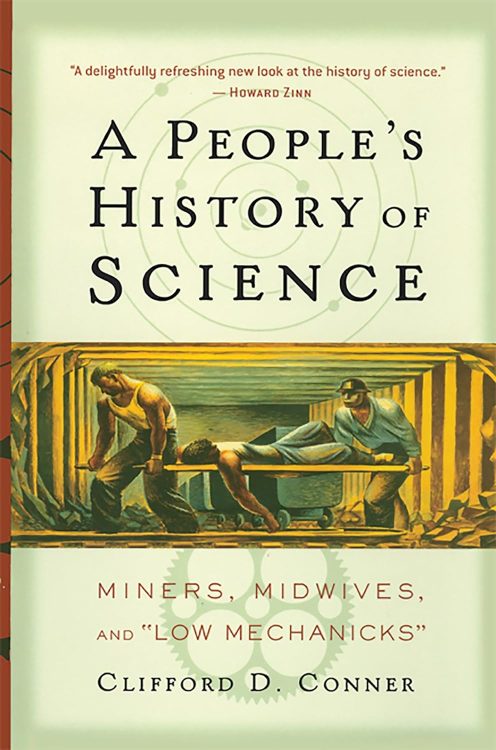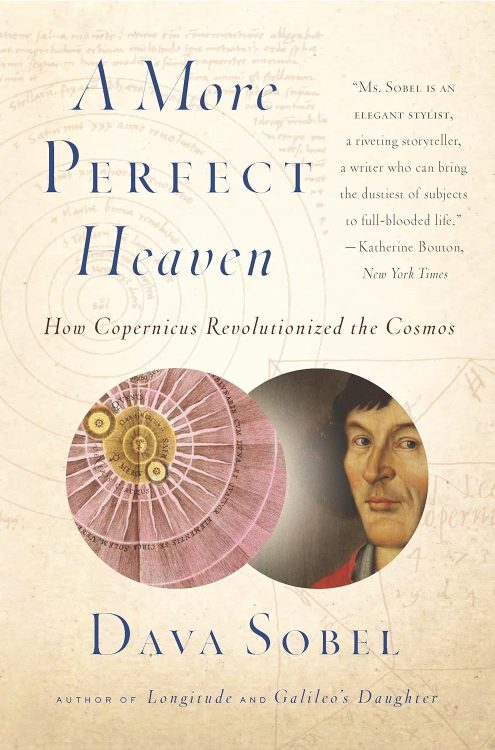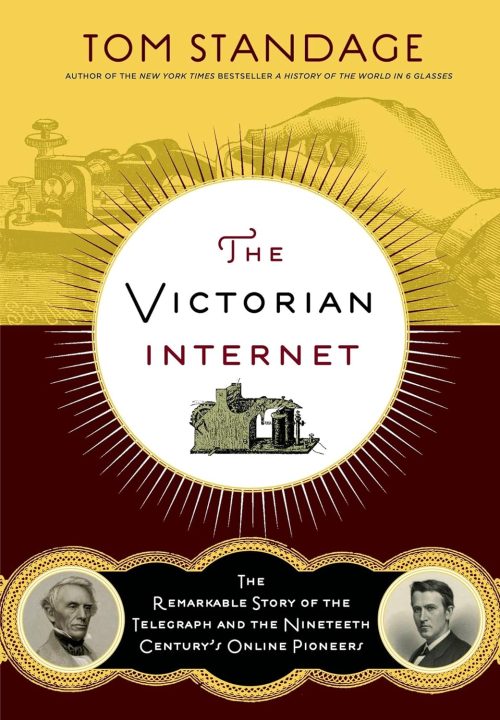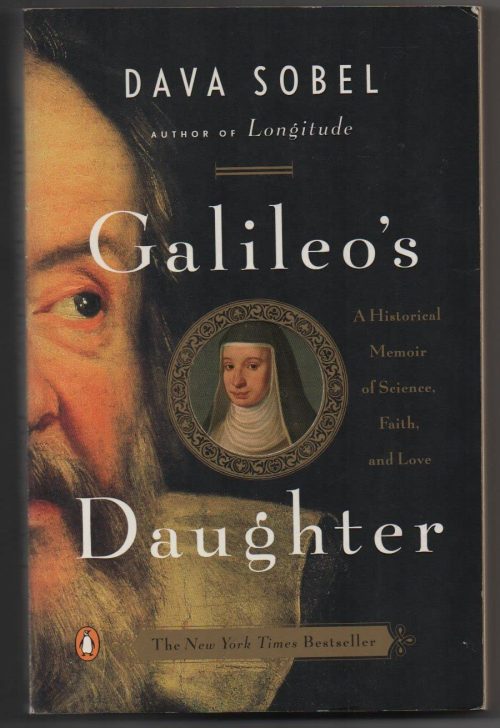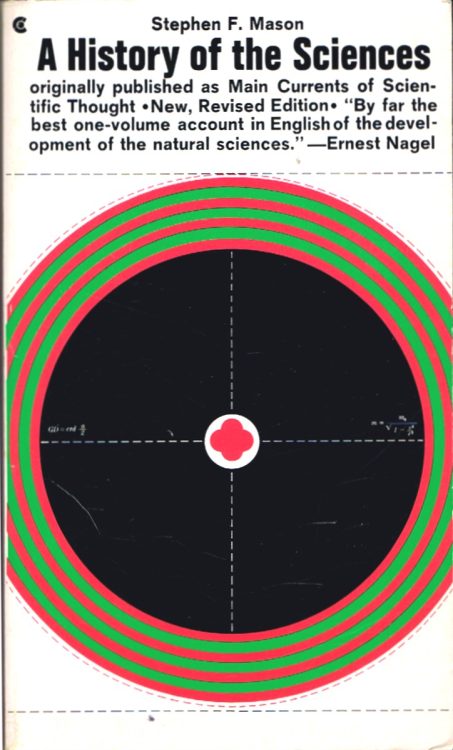In his compelling work, “The Invention of Science: A New History of the Scientific Revolution,” David Wootton presents an engrossing narrative that examines the confluence of events and intellects that birthed modern science. This ambitious text is not merely a homage to the titans of scientific thought but is an articulate defense against contemporary skepticism towards scientific inquiry.
Wootton skillfully articulates the key themes central to the epochal shift in human thought known as the Scientific Revolution. The book accentuates the convergence of multiple streams of innovation across various disciplines – astronomy, mechanics, printing, painting, and more. It convincingly portrays the Scientific Revolution not as a single, unified phenomenon, but as a mosaic of interlinked breakthroughs.
The pivotal messages of the text highlight the importance of the fact as a foundational concept in the modern scientific method and the abandonment of antiquated superstitions. Wootton’s rich exploration extends beyond the innovations and into the ramifications these had on society, religion, and the eventual rise of industrialization.
Wootton’s analysis is meticulous. His choice to delineate the Scientific Revolution into five distinct yet overlapping events offers a fresh perspective that aids in understanding the complexity and diversity of the movement. The interplay of biographical sketches alongside the grand narrative imparts a relatable human element to the discourse.
Particularly persuasive is Wootton’s argument that scientific thought emerged not merely as a byproduct of new facts and technologies but as a new way of thinking that transcended geographical and disciplinary boundaries to define a new world order.
“The Invention of Science” invites readers into a detailed, historically rich environment. Wootton’s prose is both accessible and intelligent, drawing upon significant scholarly research without alienating those new to the subject. The book draws deep connections between past and present, making a compelling case for the enduring impact of the Scientific Revolution.
Structured to accommodate comprehensive examinations of each ‘separate event,’ the book weaves together a cohesive story. For the historically inclined, Wootton provides a fresh lens through which to re-examine familiar figures like Galileo and Newton.
While “The Invention of Science” is robust in its detail, some readers might find the wealth of information challenging to parse. The breadth of the study occasionally leads to dense passages that demand patient and careful reading. Additionally, those looking for a straightforward chronological history might find the thematic approach disorienting.
However, these challenges do not detract from the immense value of the book. One may argue that a subject as monumental as the Scientific Revolution deserves such a sweeping and thorough approach.
David Wootton’s “The Invention of Science: A New History of the Scientific Revolution” is a definitive work that enriches the reader’s understanding of how the Scientific Revolution has shaped the modern world. Not only does it pay tribute to the figures who dared to imagine a different world, but it also serves as a timely reminder of the importance of maintaining the tradition of rigorous scientific exploration and inquiry.
In an era where science faces skepticism, Wootton’s tome stands as a necessary beacon of rationality and an endorsement of the value of scientific advancement. For anyone interested in the history of science or in understanding the foundations of our current technological society, this book is an invaluable resource.

